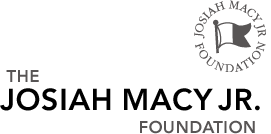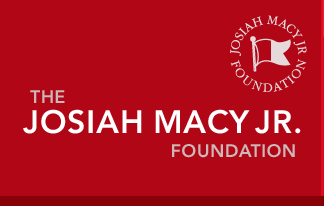Our Grantees
Across the Foundation’s priority areas, our grantees are working to improve the health of the public through innovative research and programs. The Foundation awards up to 40 grants on a rotating schedule each year.
Educating the 21st Century Health Care Workforce: Information and Dialogue for Federal Policy Makers
With support from the Macy Foundation and others, the National Health Policy Forum has over the past two years produced a substantial set of meetings and written products on the healthcare workforce and health professions education. These efforts have brought the Forum’s audience of congressional and executive branch healthcare policymakers up to speed on a number of important healthcare workforce issues, including the content and financing of physician education and training, and the role of non-physician professionals in delivering health care.
Over the next two years, the Forum will continue work to educate policymakers on healthcare workforce and health professions education and develop new papers on 1) the reform of graduate medical education financing in the Medicare program; 2) ongoing efforts and policies to assure a more adequate and appropriate supply of primary care services; and 3) efforts to promote more effective interprofessional education (IPE).
The topics proposed are timely discussions for members of Congress and policymakers. The future of GME financing has been a topic of debate for several years in Washington as policymakers explore how to efficiently produce the right workforce for the future. These discussions have encompassed concerns about the adequacy of the primary care workforce, the alignment of education and delivery system reform, and the impact of technology and changing practice on the demand for physicians and other members of the health care workforce. IPE has changed significantly since the Forum last hosted a meeting on the topic and it is important for policymakers to be up to date on the value and benefits of IPE in improving both the educational process and the experience of care for patients. Finally, payment policies in Medicare and Medicaid for primary care physicians and state scope of practice laws are some of the policies that affect the supply of primary care services. These topics need in-depth analysis and discussion with policymakers about how current and future policies can support better alignment between educational endeavors and a reforming healthcare system.




 11.13.18
11.13.18